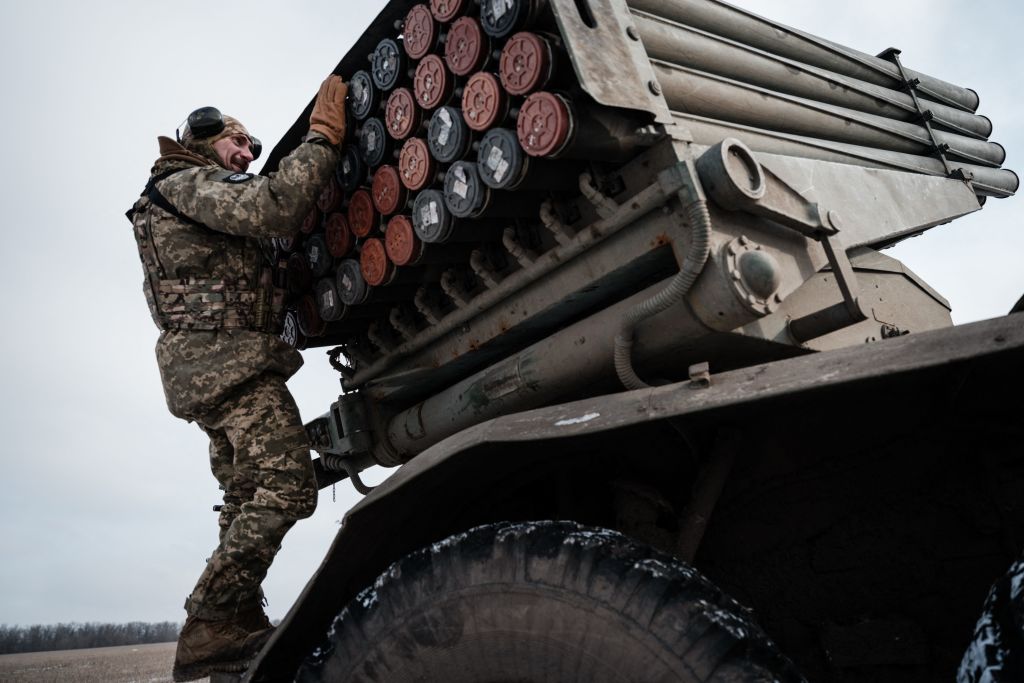Washington Post: US sticking to decision not to give ATACMS missiles to Ukraine

The Joe Biden Administration is holding firm on its refusal to send ATACMS long-range missiles to Ukraine, the Washington Post reported on July 22, citing unnamed U.S. officials.
The MGM-140 Army Tactical Missile System, or ATACMS, is a guided long-range cruise missile with a reach of over 300 kilometers. Ukrainian officials believe ATACMS are needed for the counteroffensive to breach entrenched Russian positions.
However, the Pentagon believes that Ukrainian forces have more urgent needs than ATACMS, and worries that sending the needed amount of missiles to Ukraine would undercut U.S. readiness for other possible conflicts, according to the report.
ATACMS can reach farther than any of the U.S. weapons that have been delivered to Ukraine, behind the frontline. The range would allow Ukrainian forces to target the farthest targets in occupied Crimea, including the Russian Naval base in Sevastopol and the bridge over the Kerch Strait, a key logistic route for the Russian forces.
Ukraine's Presidential Office head Andrii Yermak said on July 14 that the U.S. is "very close" to making a decision on whether to provide Ukraine with ATACMS missiles.
Nevertheless, there has been no change in U.S. policy and no substantive discussion about ATACMS supply for months, the Washington Post reported.
Since May, Ukrainian forces have been using Storm Shadow/SCALP missiles, jointly developed by the U.K. and France.
Depending on the version these missiles have a maximum range of approximately 250 kilometers (155 miles).
“Without long-range weapons, it is difficult not only to carry out an offensive mission but also to conduct a defensive operation,” President Volodymyr Zelensky said at a July 7 news conference in Prague.
U.S. lawmakers submitted a bill to Congress on June 16 proposing the allocation of $80 million for the purchase of ATACMS for Ukraine.
Since last year, the supply has been a contentious topic among U.S. politicians. In July 2022, National Security Advisor Jake Sullivan stated that Washington was hesitant to provide ATACMS, fearing that such a move could escalate into World War III.












